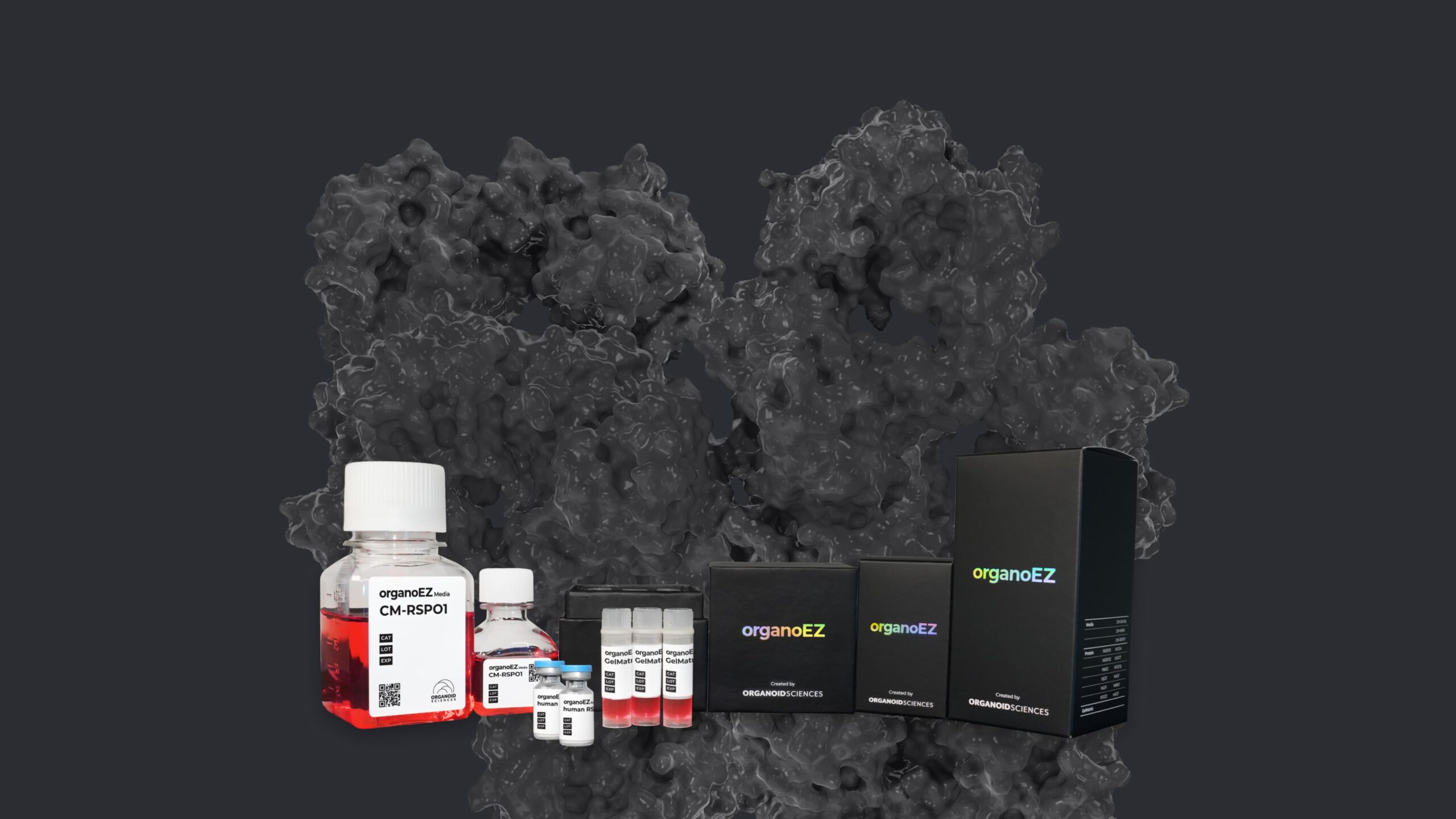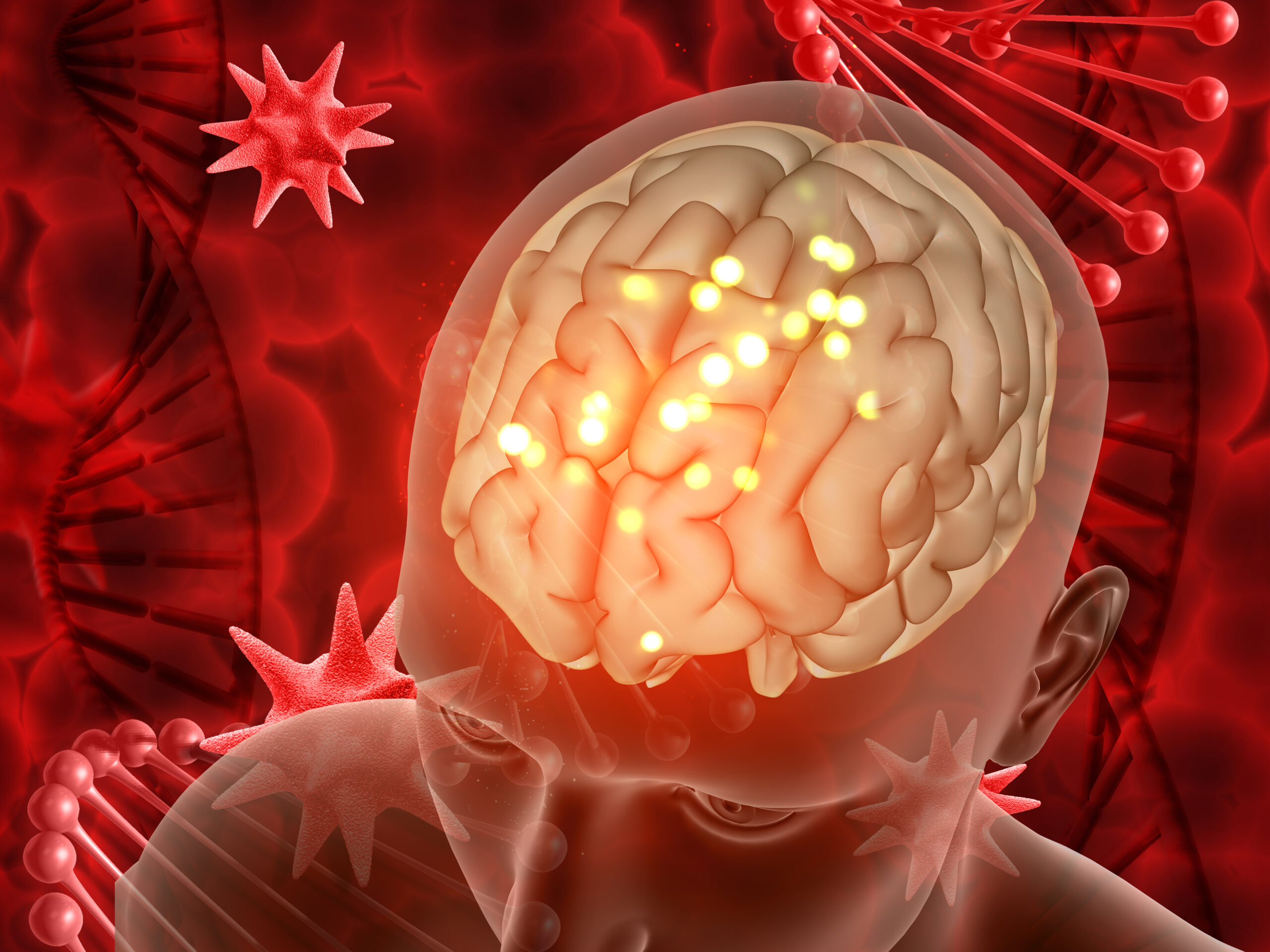A recent study in mice, published in Nature, unveils a surprising mechanism behind the formation of long-term memories. Researchers found that during memory formation, certain brain cells undergo intense electrical activity that breaks their DNA strands. However, this damage triggers an inflammatory response that repairs the DNA, thereby solidifying the memory. According to neurobiologist Li-Huei Tsai, this discovery sheds light on the risky nature of memory formation and hints at potential implications for neurodegenerative diseases like Alzheimer’s, where faulty DNA repair mechanisms may contribute to cognitive decline.
Keywords: long-term memories, DNA damage, neurodegenerative mechanisms




